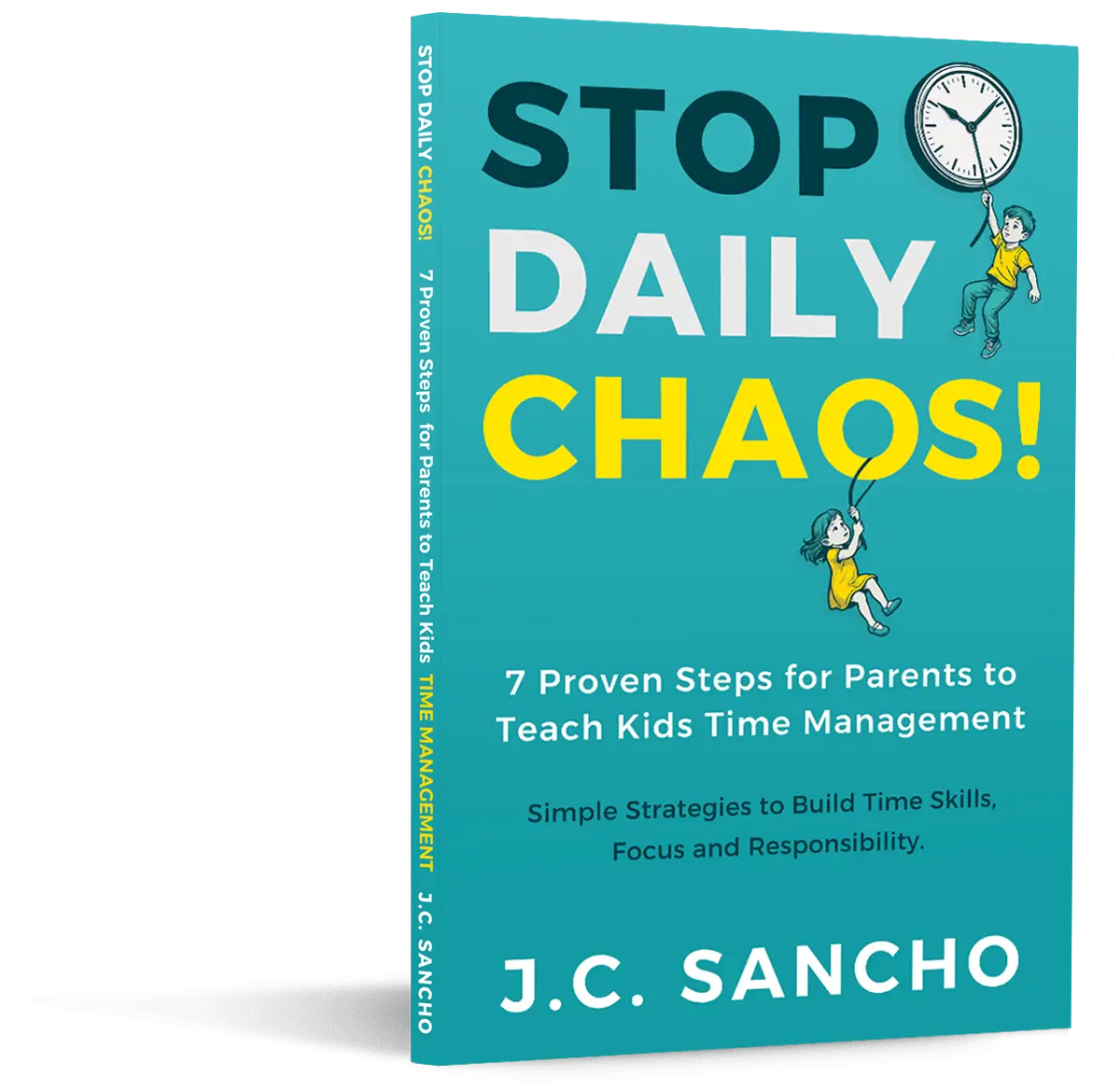Breaking the Cycle: When Your Toddler Won’t Eat Dinner, Fixing the Food-Sleep Loop with Bedtime Snacks and Routines
It’s an all too familiar scenario. You’ve painstakingly prepared a nutritious meal, but your toddler won’t eat dinner. You’re left staring at a plate full of untouched food, feeling a mix of concern and frustration. But before you despair, know that this is not an uncommon issue. Many toddlers go through phases where they resist eating, especially during dinnertime. The key to navigating this challenge lies in understanding the food-sleep loop and establishing effective bedtime snacks and routines.
The food-sleep loop refers to the relationship between a child’s diet and their sleep patterns. When your toddler doesn’t eat enough at dinner, they might wake up hungry in the middle of the night, disrupting their sleep — and yours. This lack of sleep can then lead to fussiness and decreased appetite the next day, creating a vicious cycle.
By offering healthy bedtime snacks and maintaining consistent routines, you can help regulate your toddler’s hunger cues and ensure better sleep for both of you. Let’s explore how these strategies can be implemented effectively.
The Role of Nutritious Bedtime Snacks
A well-chosen bedtime snack can serve as a nutritional safety net for those nights when your toddler won’t eat dinner. It should ideally be something light yet filling that can tide them over until morning without causing discomfort or energy spikes that might interfere with their sleep.
Pairing complex carbohydrates with proteins is a great way to achieve this balance. For example, apple slices with peanut butter or whole grain crackers with cheese offer a mix of slow-releasing energy and satisfying protein that will keep hunger at bay without overstimulating your child.
However, it’s essential to remember that a bedtime snack shouldn’t become an alternative to dinner. If your toddler knows they can skip their meal and still get a treat later, they might start refusing dinner regularly. So, use this strategy sparingly and continue encouraging them to eat their main meals.
Also, consider the timing of the snack. It should be given enough time after dinner so it doesn’t interfere with your child’s appetite for the next meal but close enough to bedtime so they don’t wake up hungry in the middle of the night. A good rule of thumb is to offer the snack about an hour or two before your toddler’s usual sleep time.
Establishing Consistent Routines
Routines provide a sense of security and predictability for toddlers, which can help reduce mealtime struggles. When certain activities consistently precede dinner, your child will start associating them with eating, making them more likely to accept food when it’s offered.
For instance, a routine could involve playing a quiet game, washing hands, setting the table together, and then sitting down for dinner. This gradual transition from playtime to mealtime gives your toddler time to adjust and prepare for the upcoming activity.
The same principle applies to bedtime routines. A predictable sequence of events leading up to sleep — such as having a bath, brushing teeth, reading a story, and saying goodnight — can signal to your child that it’s time to wind down and rest. This calming routine can also create an ideal environment for offering the bedtime snack we discussed earlier.
It’s important not to rush these routines or use them as bargaining tools (“If you eat your dinner, you’ll get storytime”). Instead, view them as opportunities for bonding and making mealtime and bedtime positive experiences for your toddler.
Toddler Won’t Eat Dinner: More Than Just Picky Eating?
While it’s normal for toddlers to have fluctuating appetites and be selective about their food, persistent refusal to eat could be a sign of underlying issues. If your toddler won’t eat dinner consistently, it might be worth discussing this with a pediatrician.
Medical conditions like acid reflux, constipation, or allergies can make eating uncomfortable for your child, leading to mealtime resistance. On the other hand, sensory issues related to the texture, color, or smell of certain foods can also contribute to picky eating.
Anxiety around mealtime is another factor that shouldn’t be overlooked. If dinner is often associated with pressure, stress, or negative emotions (from either the child or the parents), your toddler might start resisting it as a defense mechanism.
Working with healthcare professionals can help identify and address these potential concerns. They can provide guidance on dietary modifications, behavioral strategies, or other interventions that might be beneficial for your child.
The Power of Patience and Positivity
In the midst of a food-sleep loop quandary when your toddler won’t eat dinner, patience and positivity are two powerful tools at your disposal. It’s easy to let frustration take over when faced with yet another rejected meal. However, maintaining a calm demeanor encourages a relaxed dining atmosphere which can positively influence your child’s attitude towards eating.
When offering new foods or reintroducing previously refused ones, do so without any expectations. Treat it as an exploration rather than a test. Celebrate small victories like trying a tiny bite or even just touching the food. This approach fosters curiosity and openness rather than fear and resistance.
Also remember that children learn by example. Demonstrating healthy eating habits and a positive relationship with food yourself is one of the most effective ways to inspire the same in your toddler.
Finally, keep in mind that this phase is temporary. Your child’s eating habits will mature as they grow. The aim is not to have them clean their plate at every meal but to develop a healthy and balanced relationship with food that will serve them well in the future.
A Reflective Pause: Nurturing Healthy Habits
As parents, it’s our natural instinct to worry when our children won’t eat. We fear they’re not getting enough nutrients or that they’re developing unhealthy eating habits. But sometimes, we need to take a step back and look at the bigger picture.
Our role isn’t just to make sure our toddlers eat their dinner today, but also to help them cultivate good eating habits that will last a lifetime. This involves teaching them to listen to their bodies, enjoy a variety of foods, and view mealtimes as pleasant, relaxed occasions rather than battles to be won or lost.
So, if your toddler won’t eat dinner tonight, take a deep breath and remember — you’re doing your best. Keep offering diverse foods, maintain consistent routines, and foster a positive eating environment. In time, your efforts will bear fruit.
And in those moments when you feel overwhelmed by the challenges of this stage, remember that you’re not alone. Countless other parents are navigating similar situations. Reach out for support when needed and trust in your ability to guide your child on this journey towards healthier eating habits.



